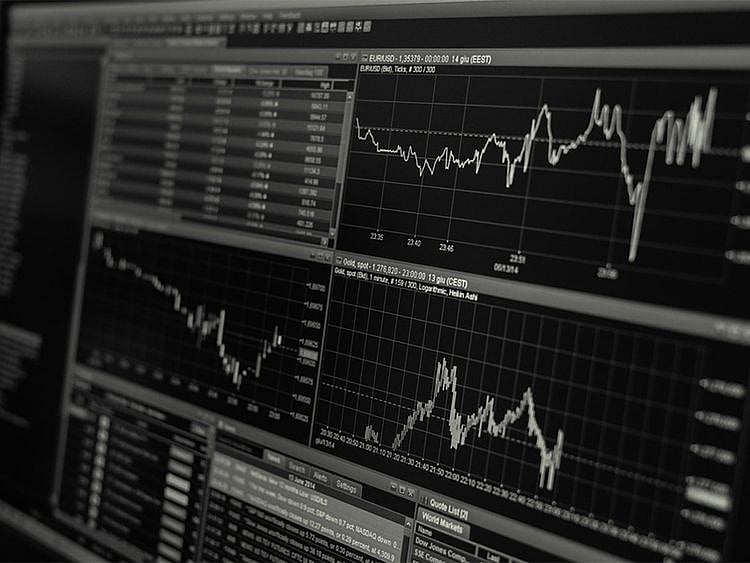The human brain - an organ so immense in intricacy and capability, it is widely regarded as the most complex known structure in the universe. Scientists estimate that the average body is built from 37.2 trillion cells, 100 billion of which make up the brain.
It is the control center responsible for coordinating our vital processes, executing decision-making and, let’s face it, keeping us alive. There are no two ways about it, it is a big part of what makes us who we are. But conventional science is missing something.
Human beings are not just flesh and blood, they are data: the individual units of information that we generate and disseminate each day. The indelible footprints left by every key we type, every message we send, and almost every move we make.
‘Peta’ sized
On an average day, the global population makes 5.8 billion internet searches and sends out 500 million tweets, almost 294 billion emails and more than 65 billion WhatsApp messages. Meanwhile, findings published in mid-2019 revealed that four petabytes of data were being created on Facebook every single day, and four terabytes were being generated from each connected car on the road.
If, like most, you don’t know your peta from your tera, suffice it to say that both represent more information than we mere mortals could ever hope to retain.
The human brain might be the universe’s most complex structure, but data is infinitely greater in volume. In fact, by 2020 the entire digital universe is expected to reach 44 zettabytes – that’s 40 times more bytes than there are stars in the observable sky.
More keeps getting added
Such is the enormity of the global data pool it blows the mind – all 100 billion cells of it. The irony is, as we continue to ramp it up by every unit of byte imaginable, we find ourselves grappling with the most rudimentary of issues. The debates over data-sharing, privacy and man versus machine rage on, but they miss a crucial point: we are past all that.
It is too late to discuss the “what ifs” of data and the artificial intelligence that it feeds. Both are already here, and they are here to stay.
Sharing data and learning to live with intelligent technologies are no longer choices to be considered and made. Unless we want to remain stuck in time or even regress back to simpler times (and no, everything wasn’t better back in the day), then relinquishing elements of our privacy is a trade-off that we all must make for the convenience and opportunity that the emerging new world offers each and every one of us.
Co-opting rather than confronational
Only it isn’t a trade-off at all. For a moment, let’s flip things around – change the lexicon. What if, instead of privacy, we talk about openness? What if, instead of fearmongering about a world of man versus machine, we consider the amazing possibility of man and machine: a new reality in which machines learn and humans lead?
Viewed in a positive light, the concerns and fears that have come to characterize much of the debate surrounding data and artificial intelligence begin to dissipate. Those fears subside even further on the realization that long before the term AI was even coined, our data was making the world go around - and we’re still here. In fact, dare I say it? We’re better off for it.
At the most basic of levels, without universal willingness to share personal information, there would have been no telephone directory to connect people, no opinion polls to gauge political sentiment, no surveys to enrich medical research. Without our data, businesses would have little recourse to improve customer service and develop product offerings.
Nor would they have the insight needed to boost productivity, processes and the workforces that make them tick.
Fortunately, we know a different world. Through our very beings, we have been complicit in creating a vast pool of data that continues to enrich the environment in which we live, one byte at a time.
- Tommy Weir is CEO of enaible: AI-powered leadership and author. Contact him at tsw@tommyweir.com.
Sign up for the Daily Briefing
Get the latest news and updates straight to your inbox
Network Links
GN StoreDownload our app
© Al Nisr Publishing LLC 2026. All rights reserved.
